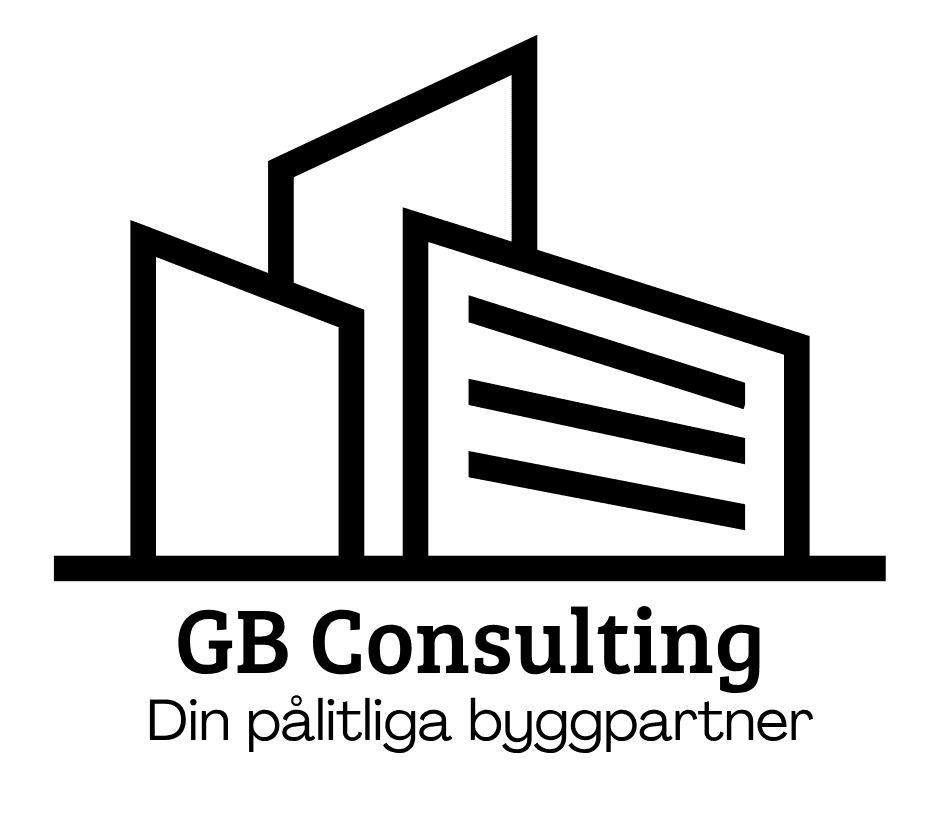Comprehensive Guide to Effective Consulting Strategies
Understanding the Role of a Consultant
Consulting is a dynamic and influential field where professionals provide expert advice to organizations and individuals. The role of a consultant is multifaceted, requiring a deep understanding of both industry-specific issues and broader business dynamics. Successful consultants are adept at problem-solving, strategic thinking, and communication.
One of the primary goals of a consultant is to help clients improve their operations, increase efficiency, and enhance overall performance. This involves a comprehensive assessment of the client's needs, followed by the development and implementation of tailored strategies. Listening skills and the ability to build strong relationships are crucial for understanding client challenges and delivering effective solutions.

Developing Effective Consulting Strategies
The foundation of any successful consulting strategy lies in thorough research and analysis. Consultants must gather relevant data, assess current processes, and identify areas for improvement. This involves a combination of quantitative analysis and qualitative insights to paint a complete picture of the business landscape.
Once a clear understanding is established, consultants can begin formulating strategies that align with the client's objectives. This often includes setting specific goals, defining key performance indicators (KPIs), and outlining actionable steps to achieve desired outcomes. It's essential to maintain flexibility, as strategies may need to be adjusted based on evolving circumstances.

Implementing and Monitoring Strategies
Implementation is a critical phase where plans are put into action. Consultants work closely with clients to ensure that strategies are executed effectively. This may involve training staff, optimizing processes, or introducing new technologies. Clear communication and coordination with all stakeholders are vital to minimize disruptions and maximize impact.
Monitoring progress is equally important to ensure that the strategy remains on track. Regular reviews and updates allow consultants to assess performance against KPIs, address any issues promptly, and make necessary adjustments. This proactive approach helps maintain momentum and ensures long-term success.

Building Strong Client Relationships
Effective consulting hinges on building strong, trust-based relationships with clients. This involves not only delivering results but also being a reliable partner who provides ongoing support and guidance. Regular communication, transparency, and a commitment to client success are key ingredients in fostering long-lasting partnerships.
Moreover, consultants should strive to empower their clients by transferring knowledge and skills. This approach ensures that clients can sustain improvements independently once the consulting engagement concludes. By focusing on client education and empowerment, consultants can leave a lasting positive impact.
Adapting to Industry Trends
The consulting landscape is constantly evolving, driven by technological advancements, economic shifts, and changing client expectations. To remain effective, consultants must stay abreast of industry trends and continuously update their skills and knowledge. Engaging in professional development activities and leveraging new tools and methodologies can enhance consulting effectiveness.
Ultimately, successful consultants are those who can anticipate changes in the business environment and proactively adapt their strategies to meet emerging challenges. This forward-thinking approach ensures that clients receive cutting-edge solutions tailored to their unique needs.

